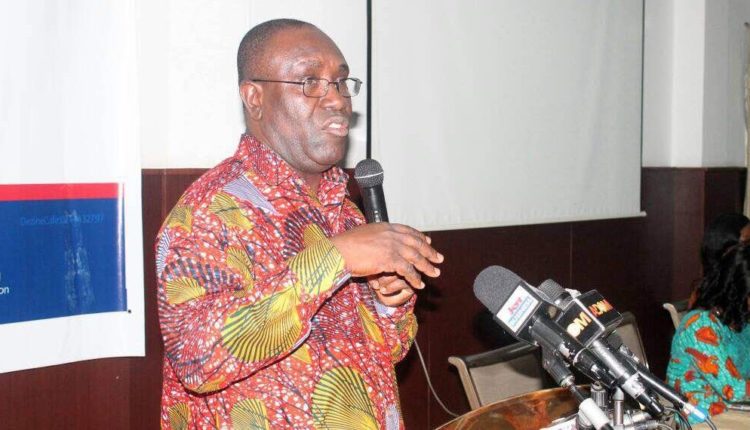The Trades Union Congress (TUC), has commended government for scoring some good marks in terms of its macroeconomic management.
According to the union, the macroeconomic figures as presented by the Vice President, Dr. Mahamadu Bawumia at the economic management team’s town hall meeting last week show the economy is doing well.
However, in a statement signed by its General Secretary, Dr. Yaw Baah, the TUC said these figures must reflect in the lives of Ghanaians.
“We recognize the steady growth of the economy, especially growth in agriculture and industry. The steady decline in inflation, interest rates, and the fiscal deficit are quite remarkable. We have also noted the improvement in our trade balance and our gross international reserves.”
“The question on the mind of every Ghanaian is: ‘What do these statistics mean for lives of Ghanaians and how can these achievements be sustained?’ For many Ghanaians, because we have seen similar impressive statistical indicators before, with no corresponding visible improvements in our lives, we are quite skeptical about the so-called ‘macroeconomic stability’.”
The statement also commended government for exiting the IMF bailout programme, and expressed support for government’s social policies such as the Free Senior High School programme.
“Dr. Bawumia announced the end of the IMF Extended Credit Facility programme. The TUC and its affiliates are very excited about that because it leads us to another phase of development which emphasizes President Akufo-Addo’s vision of Ghana Beyond Aid.”
“For this to happen we must get over the neoliberal myth that economic growth, as measured by increases in GDP, automatically creates jobs and improves livelihoods. It is not always the case that when GDP grows, it means we are creating jobs. This is a fallacy. We have witnessed ‘jobless growth’ in Ghana for more than three decades. Since 1984, Ghana’s economy has consistently expanded annually but joblessness has also grown during the same period.”
The TUC also emphasized the need for government to intensify private sector engagement to address challenges facing the domestic private sector.
“We are aware of the multiple challenges facing the domestic private sector. We are also aware of the numerous interventions government has initiated to support the sector. But the challenges facing the sector keep growing. It is important that government intensifies its engagement with the private sector to ensure that the numerous interventions address the real issues.”


Comments are closed.